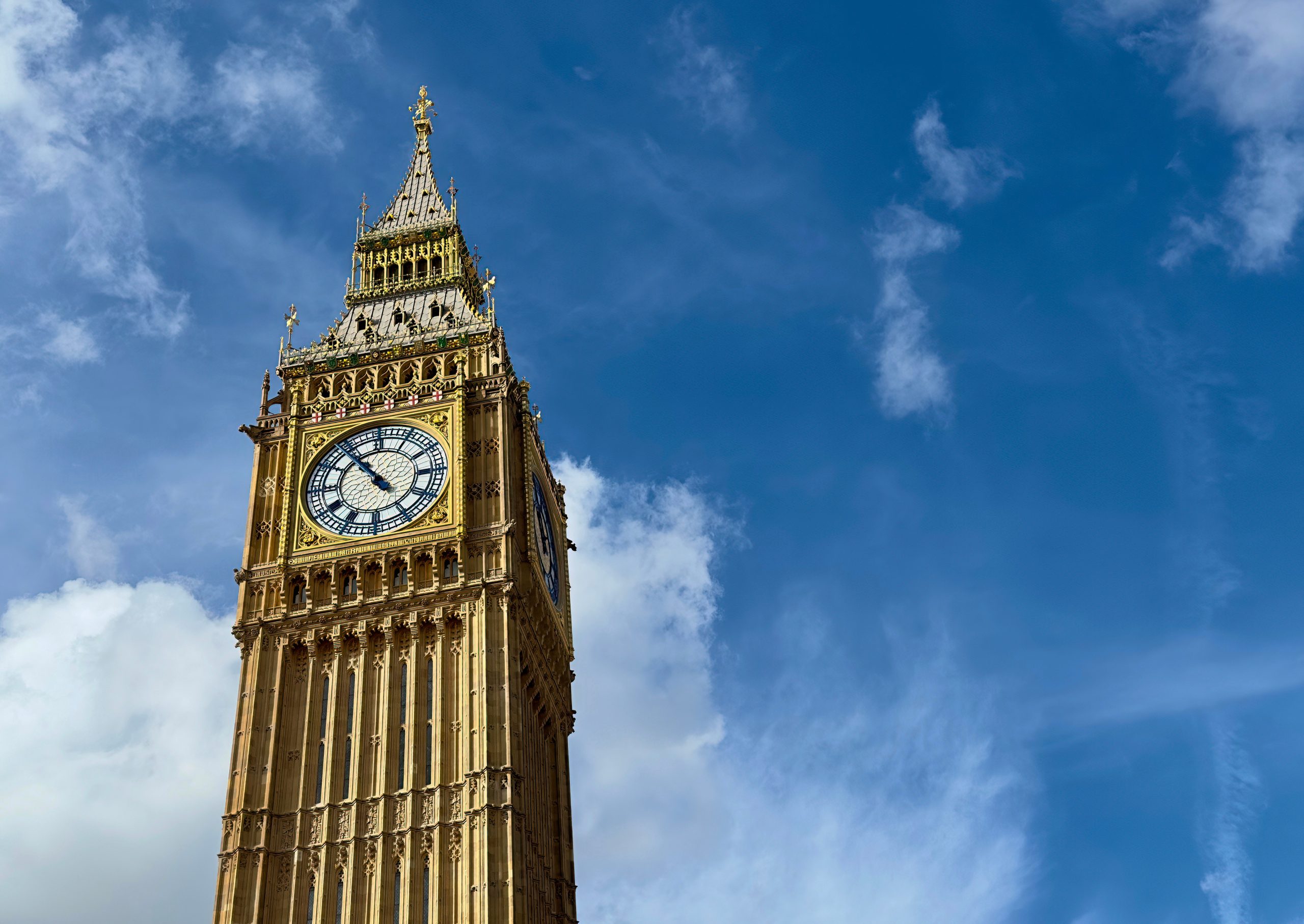Zero Avia Joins Consortium for Hydrogen-powered Aircraft

Zero Avia, a British-American developer of hydrogen-electric aircraft, has joined a consortium involving Hamburg Airport, Rotterdam The Hague Airport and the two urban aviation clusters to advance climate-neutral airport operations and sustainable aviation.
This comes after the signing of a “Memorandum of Understanding” to operate a first hydrogen flight between Hamburg and Rotterdam from 2026. Research into a hydrogen flight route or “Hydrogen Flight Corridor Initiative” between both cities and suitable infrastructure is also underway.
The collaboration with Zero Avia foresees the provision of a mobile hydrogen refueling system at the airports. Work is already underway to integrate hydrogen technology and safety measures into the airport infrastructure. The partners are liaising closely with local aviation authorities to obtain permits for demonstration flights in German and Dutch airspace.
Hamburg Airport has joined other initiatives such as the Airbus network “Hydrogen Hub at Airports” to advance the use of hydrogen at airports throughout the Baltic Sea region. Together with the German Aerospace Centre (DLR), Hamburg’s Centre of Applied Aeronautical Research (ZAL) and Lufthansa Technik, Hamburg Airport has researched liquid hydrogen as an environment-friendly alternative to paraffin as part of the “Hydrogen Aviation Lab” project underway since 2022.
France: Solaris to deliver articulated hydrogen buses in belfort
Solaris has received an order to supply hydrogen buses in the city of Belfort, France. Under this contract, Solaris will deliver eight 18-metre articulated hydrogen buses to Belfort in the second half of 2025.
The vehicles were purchased by the public entity, SMTC (Le Syndicat Mixte des Transports en Commun du Territoire de Belfort) for operations by Régie des Transports du Territoire de Belfort (RTTB).
Brice Bonavia, Managing Director of Solaris France said: ‘’We are extremely proud to collaborate with SMTC in Belfort and to supply the city with the high-tech, zero-emission hydrogen buses. The Urbino 18 hydrogen are not only an innovative means of transport but also a step towards a sustainable future. Thanks to the new Solaris buses, the residents of Belfort will be able to enjoy cleaner air and modern, reliable public transport.’’
The vehicles will be equipped with a hydrogen system and a modular drive to optimize driving performance. The hydrogen system includes a 100 kW hydrogen fuel cell and composite tanks, which can store more than 50 kg of hydrogen at a pressure of 350 bar.
Solaris High Power batteries will also support the fuel cells during peak electricity demand
The drive includes a 240 kW electric motor. Its modular design disperses components to allow for better use of space on the vehicle’s roof, as well as increased passenger space. The buses will comply with GSR2 standards. They will therefore be equipped with a system that alerts the driver to road users in its blind spot.
In addition, the vehicles will feature high-efficiency air conditioning with a heat pump function. RTTB will also use Solaris’ eSConnect monitoring and remote fleet management system.

